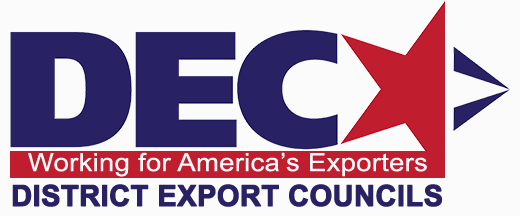Market intelligence gathering is more than an academic exercise of assembling data. Good intelligence discovers what actually drives a market – and how you should approach it.

(Please read-on, or if you prefer, click here for our webinars on the subject.)
What is market intelligence?
It involves finding out the things you need to know like import duties, regulations, distribution channels, market size and growth, competition, demographics and local competition – so you can assess market opportunities and the cost of accessing them.
Gathering this information is usually straightforward and helps you understand how a market operates. Perhaps the most part of market research is gathering information about ‘market feel’. How will your product or service compete in the environment where you will be doing business?
What is ‘market feel’ and how do I get it?
Market feel is a first hand appreciation of how buyers operate, the dynamics of business meetings, what your competitors are doing and potential obstacles to market entry.
Sound market research will encompass intelligence from people who are streetwise and can convey market knowledge in a practical fashion. This includes descriptions of the types of buyers you will meet, how they negotiate, cultural factors in business dealings and a flavor of the market environment.
Try to gain a sense of how business is done by speaking to companies with experience. Attending seminars on “How to do Business” in various countries really helps.
Where do I start?
The first step is to gather basic market information ranging from import regulations to exchange rates. This is available from many free online sources.
The next step is to narrow the focus to your product or service and here the process becomes much more specific. You may think this doesn’t apply because ‘your product or service is unique’ and this is where expert help from the US Commercial Service (USCS) is so valuable. The USCS is part of the U.S. Department of Commerce’s International Trade Administration, offers companies a full range of export related services. Companies can find assistance locally in more than 100 U.S. Commercial Service offices nationwide and in more than 70 international offices. They can help you determine your export potential and locate potential overseas business partners.
At this stage of the market research process you should pay particular attention to how your competitors operate. You can gain responses by sending product data or samples to overseas buyers – but their reaction to ‘cold mail’ will usually be passive unless your product really excites them.
It’s not too complicated
It’s easy to get swamped by market research data. Follow a logical structure to make sure you get the essential information. Look at sample research reports on the web to gain an idea of how good material is presented. Your export adviser can help.
Checklist
• Develop a short list of markets and create a structured search outline.
• Dig deeper than the basic facts and figures.
• Get a feel for the environment by speaking with people operating in the market of interest to you.
• Seek out practical advice at market-specific seminars.
• Gather basic information from the Internet.
• Develop direct contacts with potential buyers.
• Check out online reports that are available free of charge or sold in chapters.
• Plan well. A consistent approach produces results.
For more complete information, see our webinars on Market Intelligence and More Intelligence.
